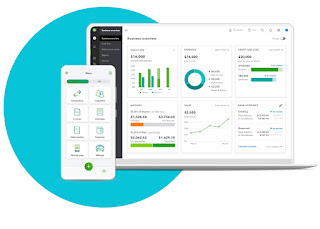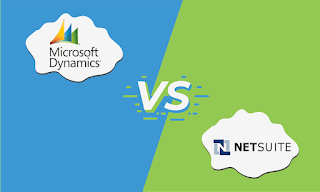How QuickBooks API Integration Streamlines Your Accounting Workflow
Accounting functions have been supported by various software programs for many years, with Excel and other classics being used by accountants. However, simple solutions are not efficient or scalable in the competitive corporate world of today. Automation of the whole accounting process is the essential solution.
QuickBooks and other accounting workflow automation technologies are becoming more and more popular among businesses and entrepreneurs as part of the larger process automation space. It has been demonstrated that using this type of accounts payable automation software can result in significant cost reductions, up to $16 per invoice.
QuickBooks has more than 4.5 million users globally, and businesses of all sizes are increasingly using it to manage their accounts payable and receivable. QuickBooks API becomes an even more powerful tool, enabling it to effectively manage any organization's accounts payable procedures.
What is QuickBooks API?
Applications can be integrated with QuickBooks, a well-known cloud-based accounting program created by Intuit, using the QuickBooks API (Application Programming Interface) set of tools and protocols. By allowing third-party apps to communicate with QuickBooks, the API promotes data interchange and automates several accounting procedures.
Developers can design customized solutions, integrate QuickBooks with other tools, and synchronize data between them through using the QuickBooks API Integration. These tools include accounting-related software like SyncTools, which can automatically retrieve financial data and create and update records like invoices and expenses.
Businesses may decrease manual data entry, optimize workflows, and integrate QuickBooks with other services and applications by using the API. This improves financial information management's accuracy and efficiency.
Why Use QuickBooks API to Automate Accounts Payable Processes?
QuickBooks API Integration helps companies of all sizes to streamline their financial operations. The usefulness of QuickBooks API Integration service is increased through its simple integration with numerous third-party apps. This is an examination of the application of QuickBooks API APU in the automation of accounting workflow:
Effective Task Automation:
QuickBooks API Integration enables companies to automate repetitive and time-consuming processes like accounting data entry, bookkeeping, and invoice production. Users can save a significant amount of time and effort by creating processes that carry out predetermined steps using the platform's user-friendly automation tools.Seamless Integration:
Real-time transaction updates and automatic bank feeds are made possible by the QuickBooks API's smooth integration with several financial institutions. This interface removes human data entry for transactions, assuring accuracy and efficiency in the reconciliation process.Also Read: Does QuickBooks Integrate with your App or SaaS Software?
Expense Management:
By instantly recording and classifying expenses, QuickBooks streamlines the process of tracking expenditures. Relevant data can be intelligently retrieved from scanned or shot images of receipts and invoices when paired with clever OCR technologies. This reduces the need for manual input and the inaccuracies that come with it.
Automation of Invoicing and Payment:
By automating the generation and delivery of invoices to clients, the API facilitates the integration of QuickBooks with additional applications that can streamline the invoicing process. Automating payment follow-ups and reminders helps to improve cash flow management by guaranteeing on-time payments.
Conclusion:
The importance of QuickBooks API integration service lies in its ability to save time, reduce manual errors, and improve overall financial efficiency. With more than 4.5 million users globally, QuickBooks has become a trusted solution for businesses of all sizes to manage their accounts payable and receivable effectively.
In conclusion, embracing QuickBooks API for automating accounting processes is not just about convenience; it's about staying ahead in today's competitive business landscape. By leveraging the power of automation, businesses can streamline their financial operations, improve accuracy, and focus on what truly matters: growing their bottom line.



Comments
Post a Comment